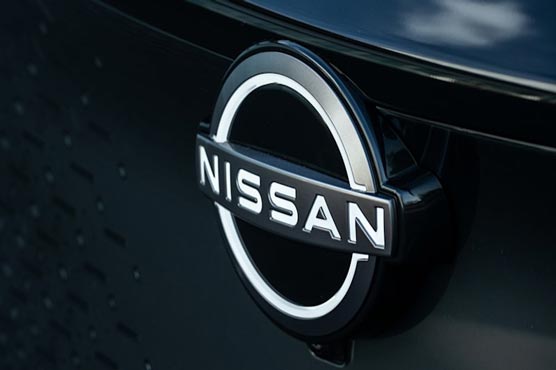Nissan's improved hybrid car system reduces CO2 emissions

Engine can run at its most efficient range all the time
(Web Desk) - Nissan has announced that it has achieved a 50 percent thermal efficiency for its next-generation e-Power hybrid technology.
Most modern gasoline engines have a thermal efficiency of around 40 percent — in other words, only 40 percent of the energy they create upon burning fuel is transformed into motion. The rest gets turned into waste, such as heat and emissions, which means its technology can potentially lead to lower emissions.
The automaker was able to achieve a higher thermal efficiency, because its e-Power system doesn’t work like conventional gas engines — it doesn’t power the car itself and instead acts as a dedicated electricity generator for the technology’s e-powertrain.
That means the engine can run at its most efficient range all the time, allowing it to efficiently burn a more diluted air-fuel mixture at a high compression ratio. In conventional engines, the air-fuel dilution varies depending on various operational conditions.

